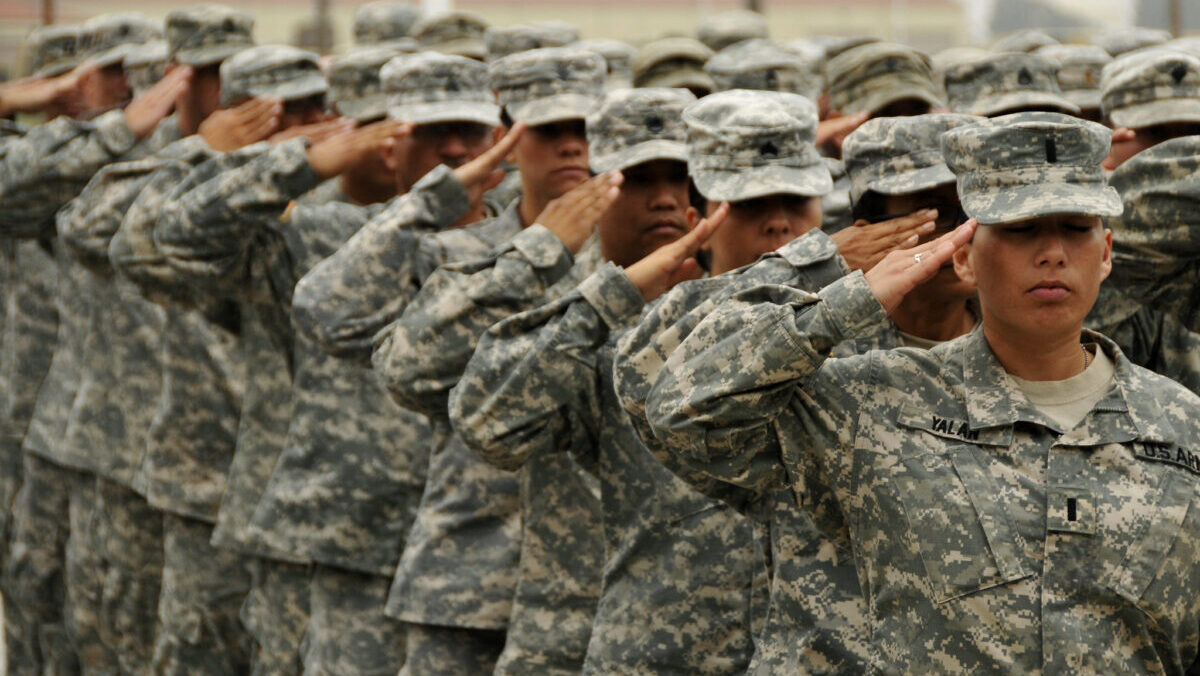In a recent ruling, Senior U.S. District Judge Charles Breyer determined that President Donald Trump violated the Posse Comitatus Act by deploying California Army National Guard troops to support federal officers during anti-ICE protests. This decision, which has been criticized as judicial overreach, was quickly stayed by the Ninth Circuit Court.
Explainer Trump Administration's Crime Initiative Faces Media Scrutiny
Breyer's ruling raises questions about the limits of presidential authority in deploying military forces domestically. The Posse Comitatus Act of 1878 restricts the use of military forces for domestic law enforcement without congressional approval, but exceptions exist, notably through the Insurrection Act.
During the 1992 Los Angeles riots, then-President George H.W. Bush invoked the Insurrection Act to federalize the National Guard, allowing them to assist in restoring order. This historical precedent highlights the complexities surrounding the deployment of military forces in domestic situations.
In June, Trump activated approximately 4,000 California National Guard members under Title 10 authority to support federal law enforcement in immigration raids. The administration maintained that the Posse Comitatus Act did not apply because the Guard was in a support role, not directly enforcing laws.
Breyer's ruling cited testimony from Maj. Gen. Scott Sherman, who oversaw the deployment. Sherman indicated that soldiers were trained on Posse Comitatus compliance, which Breyer interpreted as evidence that the law was relevant. Critics argue this interpretation misrepresents the military's operational protocols.
The Trump administration's position is that the deployment was lawful and aimed at protecting federal personnel and facilities from unrest. They assert that no military personnel were involved in arresting individuals or enforcing state laws, which aligns with the legal framework governing such deployments.
The implications of Breyer's ruling extend beyond California, as it could affect future deployments in other states, particularly in areas experiencing civil unrest. Governor Gavin Newsom has publicly criticized the deployment, labeling it an illegal militarization of law enforcement.
As the Ninth Circuit reviews the case, the potential for the ruling to reach the Supreme Court remains. Legal experts suggest that the decision may be overturned, emphasizing the need for clarity regarding the balance of power between state and federal authorities in matters of public safety.
Chuck DeVore, chief national initiatives officer at the Texas Public Policy Foundation and a retired U.S. Army officer, argues that Trump's actions were lawful and necessary to protect federal interests. He warns against allowing judicial decisions to undermine the executive branch's ability to respond to domestic threats effectively.
Why it matters
- Judge Breyer's ruling questions presidential authority under the Posse Comitatus Act, impacting future military deployments domestically.
- The decision could set a precedent affecting the balance of power between state and federal authorities in law enforcement.
- Critics view the ruling as judicial overreach, while supporters argue it protects civil liberties and limits military involvement in policing.
What’s next
- The Ninth Circuit has stayed Breyer's ruling, indicating a potential appeal process that could escalate to the Supreme Court.
- Governor Newsom may pursue further legal action against the deployment of National Guard troops in California.
- Legal experts are monitoring the case for implications on future military and law enforcement interactions.

